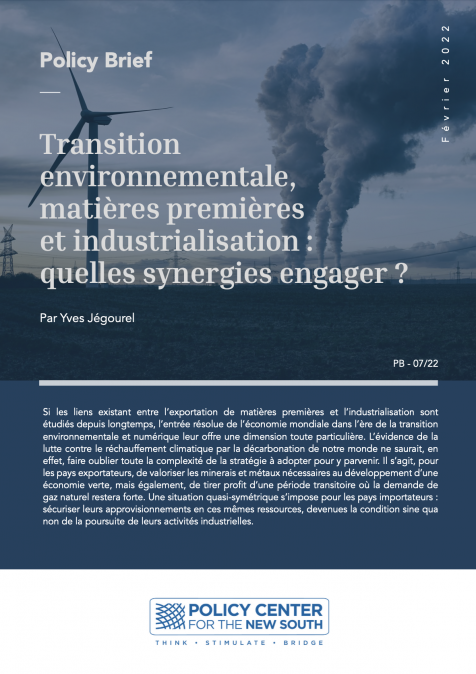Podcasts
Renewable Energies and Mediterranean Energy Cooperation
Related topics:
This podcast is performed by Luigi Carafa. This tele-briefing will focus on renewable energy cooperation in the Mediterranean, pointing out some lessons learned in the last five years as well as the challenges ahead at national and regional level.
In this Virtual Brief, Luigi Carafa discussed policy, market, and governance pertaining to the Renewable Energy industry in the MENA region. The main points of his presentation are the following:
- Energy demand has been growing steadily in the Middle East-about 70% increase;
- The Energy demand CHALLENGES cannot be faced alone;
* Reduction of power losses
* Financial challenges
* Very high upfront costs/substantial initial investment
* Challenges call for regional and international cooperation;
* Policy and politics dichotomy creates a governance gap that should be overcome for the renewable energy industry to flourish;
* Policy refers to national planning-Investment in renewable requires suitable policy
* Access to cooperation refers to politics
- The way to overcome the policy and politics dichotomy is cooperation;
- Cooperation structures include;
* Cooperation over technical aspect, that should happen in such structures as the neighborhood policy between Europe and North Africa, as well as through South-South cooperation
* Industrial cooperation that would serve the purpose of changing business strategies and proposed business models, eventually leading to diversification of strategies
* Political cooperation in order to leverage into financial assistance
- Idea between renewable energy politics:
* Trade electricity from Morocco to other regions
* Have Spain be fully connected to the European continent, as it is now isolated
* Experiment with electricity transfers from Morocco to Spain
- Political will needs to be transformed into concrete results, and this happens through policy on the one hand, with sound public policy and a creation of the right conditions to enable that, and politics on the other, focused on creating several levels of cooperation around the betterment of the renewable energy sector.









